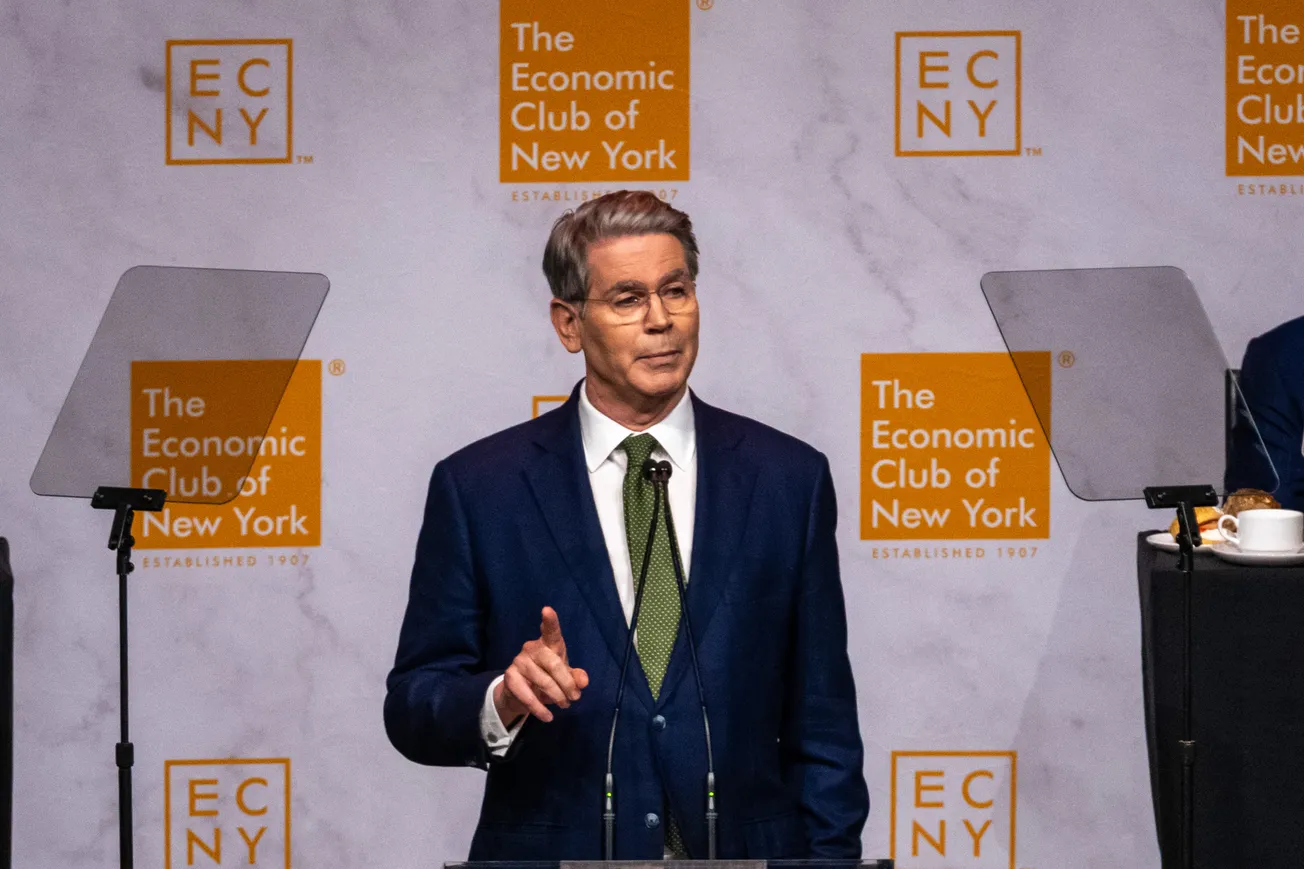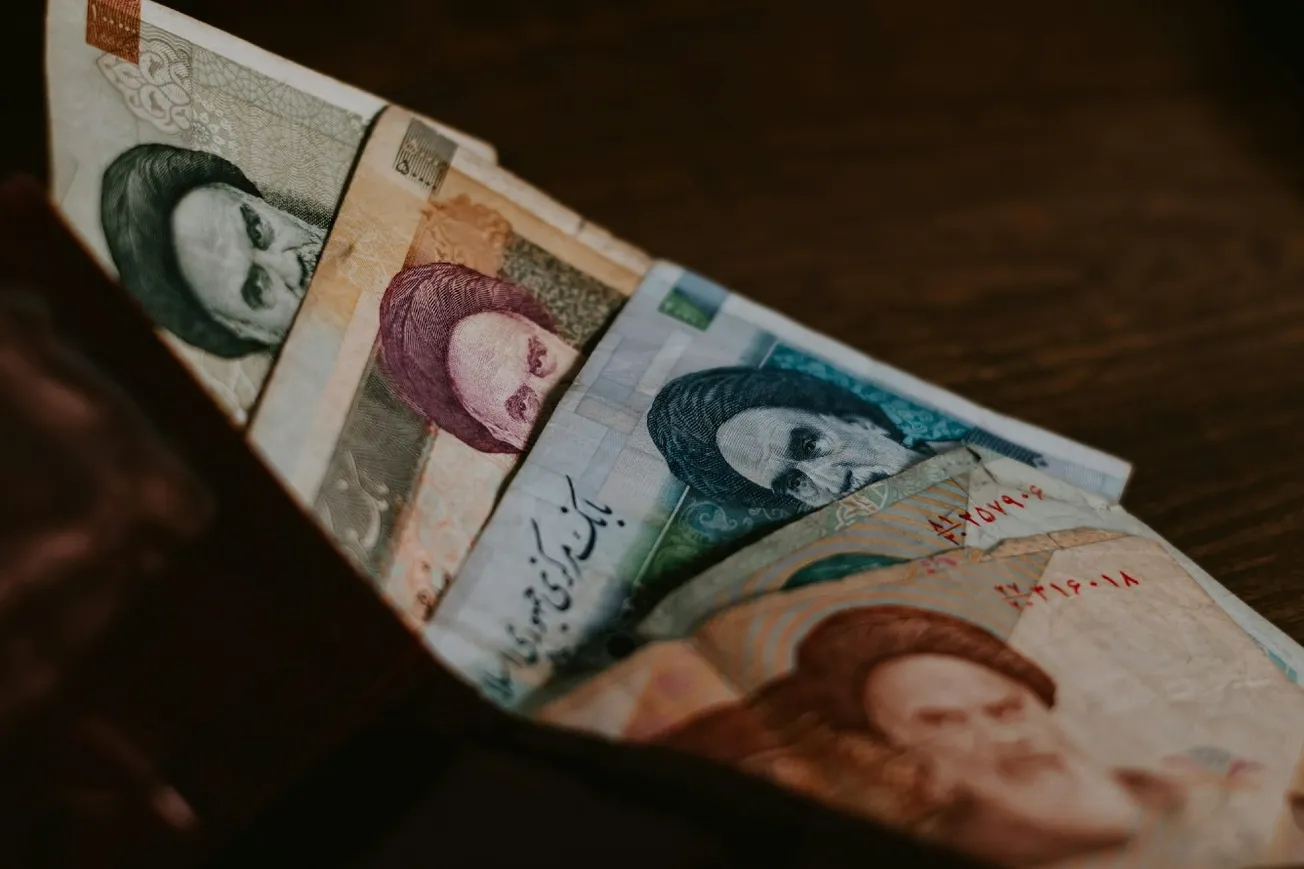Editor’s Note: This article shares economist Glenn Hubbard’s view on how to strengthen the U.S. economy. While the Trump administration has focused on tariffs and trade, Hubbard argues that long-term success also depends on saving more as a country and reducing government spending. We’re presenting his perspective to add to the ongoing discussion about America’s economic future.
By Glenn Hubbard, Project Syndicate | April 3, 2025
US Treasury Secretary Scott Bessent’s defense of President Donald Trump’s trade tariffs as a step toward “rebalancing” the US economy misses the point. While some economies, like China and Germany, need to increase domestic spending, the US needs to increase national saving.








